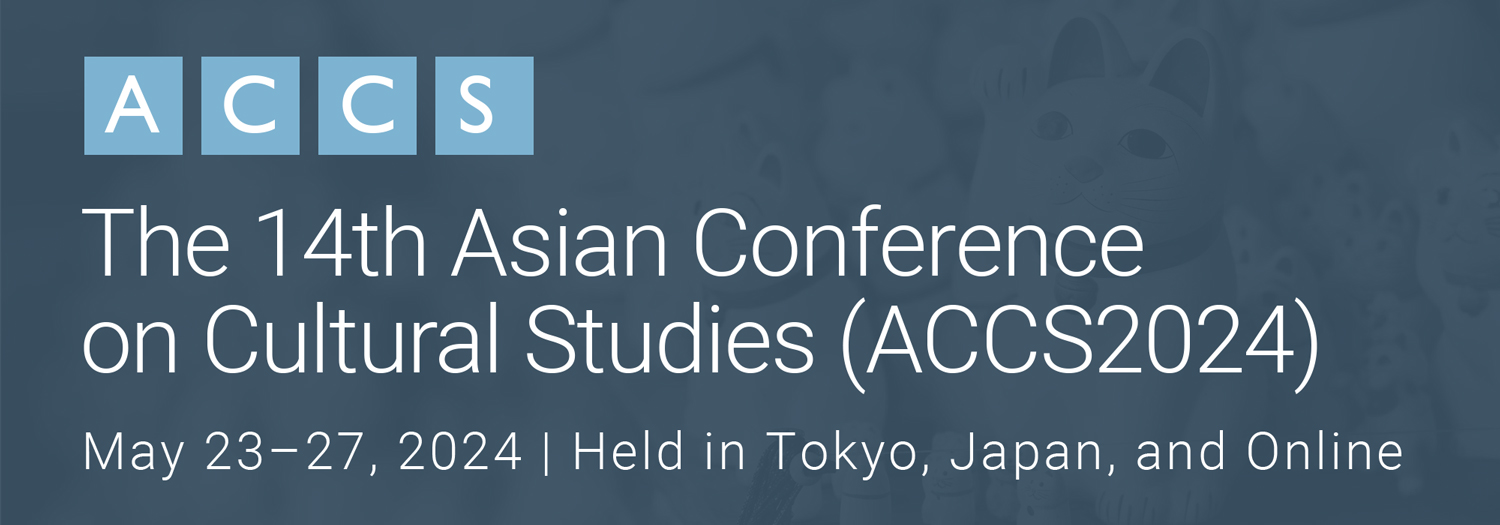Evolving Environmental Immigration Policies Through Technological Solutions: A Focused Analysis of Japan and Canada in the Context of COVID-19 (81409)
Session Chair: JoseDeJesus Sandoval-Palomares
Sunday, 26 May 2024 13:20
Session: Session 3
Room: Room 608
Presentation Type: Oral Presentation
This investigation underscores the urgent need for reform in immigration policies within Japan and British Columbia (BC), Canada, by pinpointing the role of specific technological solutions amidst the challenges posed by climate change and the COVID-19 pandemic. In Japan, the 2011 earthquake and tsunami have catalyzed the adoption of precise technological tools, such as satellite imagery for disaster assessment and mobile applications for emergency communications, highlighting the potential for these technologies to aid climate migrants through improved disaster preparedness and response mechanisms. BC's battle against annual wildfires and floods, exacerbated by global warming, calls for the integration of Geographic Information Systems (GIS) for real-time disaster tracking and blockchain for secure and efficient migrant document processing. This comparative analysis reveals a critical gap: the current immigration policies in Japan and BC lack a comprehensive approach to embedding such specific technological tools to better manage the complexities of climate-induced migration and pandemic-related disruptions. For example, the potential of satellite imagery to forecast migration trends following natural disasters remains largely untapped in policy formulations. Similarly, the application of blockchain technology in streamlining immigration procedures for climate migrants has not been fully realized, despite its promise of enhancing data integrity and processing speed during crises. By advocating for the inclusion of these targeted technological interventions in the immigration strategies of Japan and BC, this study calls for a paradigm shift towards more resilient, efficient, and adaptive policy frameworks capable of addressing the multifaceted challenges of climate migration in the era of pandemics.
Authors:
Ayshan Mammadzada, University of Ottawa, Canada
About the Presenter(s)
Ms Ayshan Mammadzada is a University Doctoral Student at University of Ottawa in Canada
See this presentation on the full schedule – Sunday Schedule





Comments
Powered by WP LinkPress